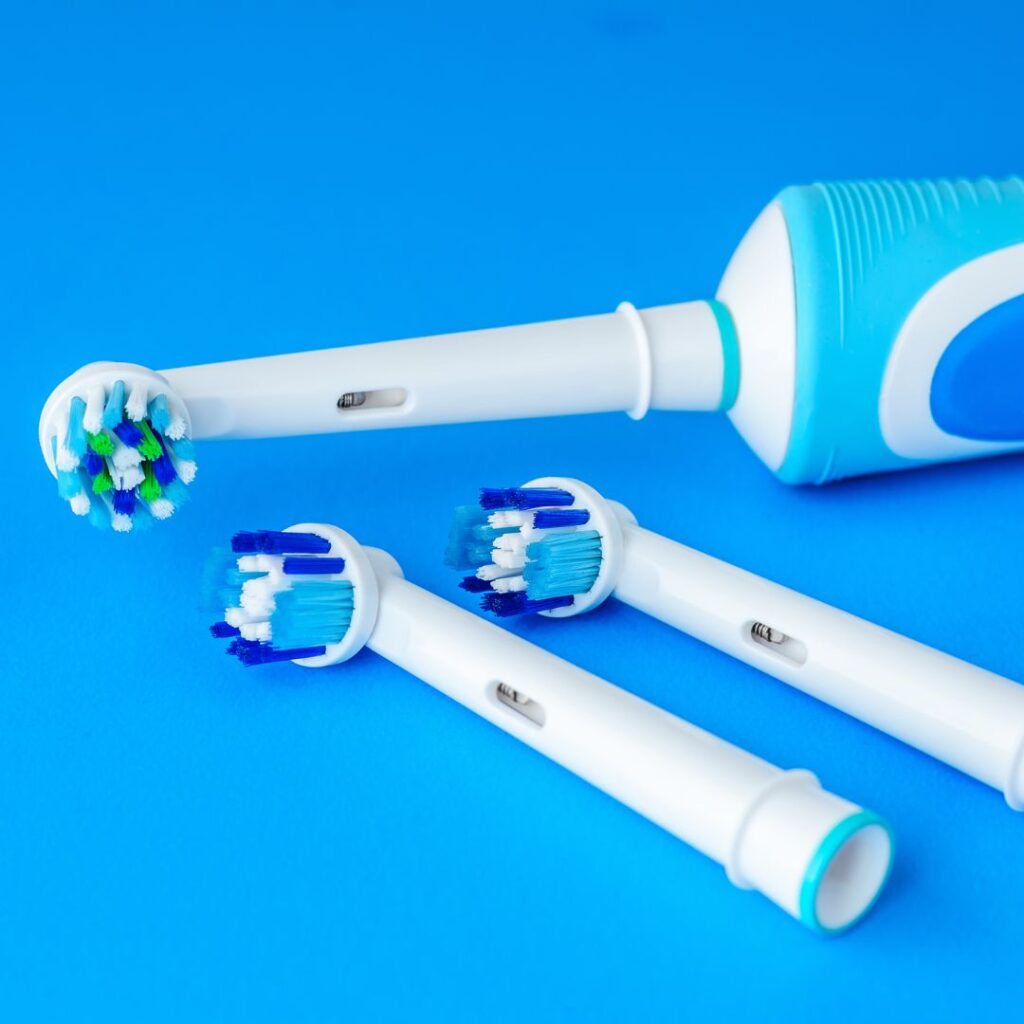Mistakes You Might Be Making With Your Electric Toothbrush

The American Dental Association recommends brushing your teeth twice daily for 2 minutes using a toothbrush with soft bristles to prevent tooth decay and gum disease. Either a manual or electric toothbrush will do, according to the ADA, and there are pros and cons to both. But if you’re going to go electric, you’d better know how to use it right. Whether you’re considering a move to an electric toothbrush or looking to improve the way you use yours, read on. We’ll break down the benefits of these powered brushes, common mistakes and proper technique.
Benefits of an electric toothbrush
There are several advantages to using an electric toothbrush, like manageability and effectiveness. Here are some of the most important:
Electric toothbrushes might be more effective
Studies have shown that electric toothbrushes may more efficiently prevent tooth decay. In 2014, the Cochrane Collaboration studied 56 clinical trials of unsupervised toothbrushing by more than 5,000 subjects, both adults and children. Researchers found that those who used an electric toothbrush for one to three months saw a reduction in plaque of 11% when compared to those who used a manual toothbrush for the same amount of time. The study also found that those who used electric toothbrushes experienced a 21% drop in plaque after three months of use when compared to their peers who used manual toothbrushes.
A better choice for young children
Children often struggle to effectively clean their teeth properly with a manual toothbrush. They might get bored before they’ve finished brushing for the recommended 2 minutes, making it easier for plaque to build on their teeth. An electric toothbrush can help. Because the heads of such brushes rotate in different directions, they provide more brushing power and can more effectively remove plaque in a shorter time. Some electric toothbrushes have built-in timers, letting younger children know when they’ve hit that key 2-minute mark.
More effective at removing plaque if you have braces
Do you have braces? If so, an electric toothbrush might be the better choice for your dental health. A study by the American Journal of Orthodontics and Dentofacial Orthopedics found that participants who used a manual toothbrush after getting braces were more likely to accumulate more plaque and increased risk of gingivitis than those who used electric toothbrushes.